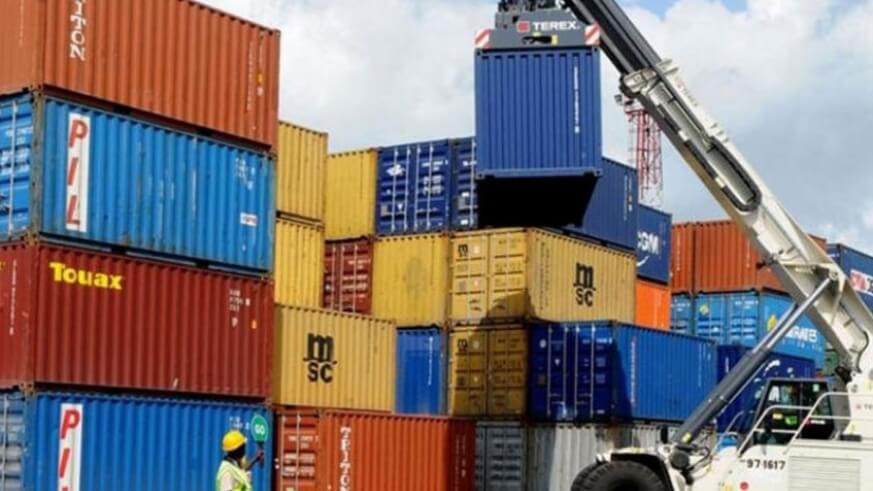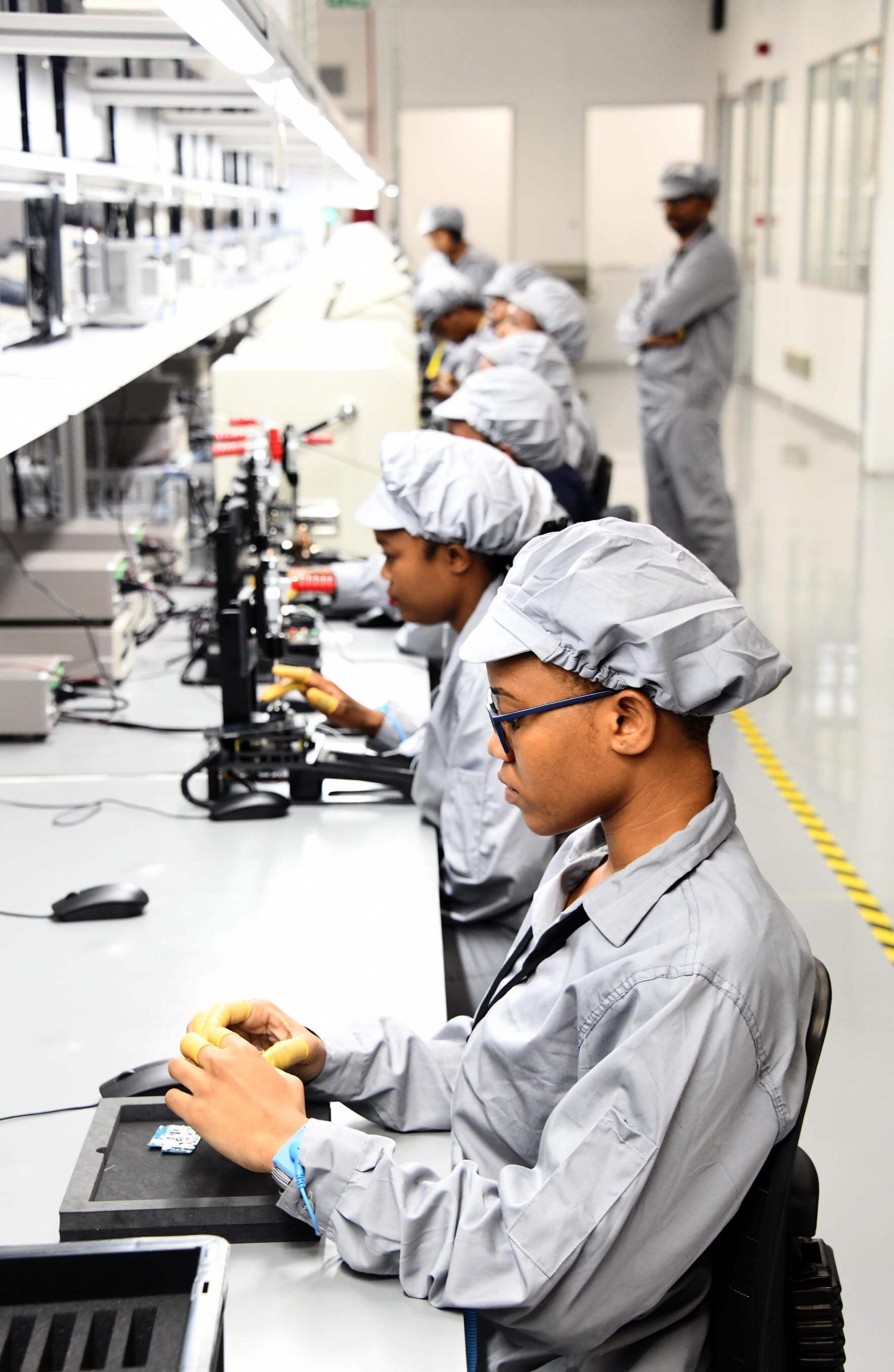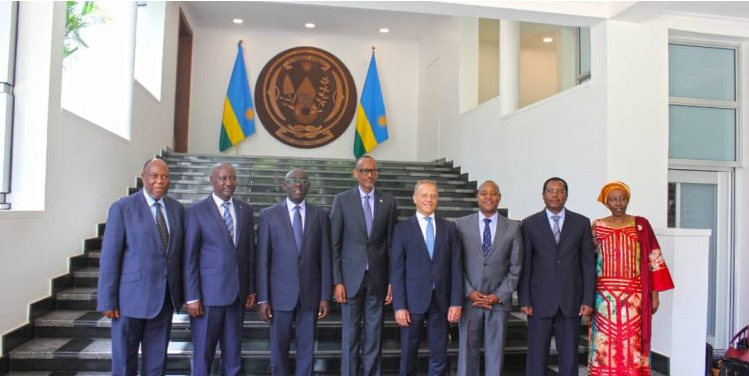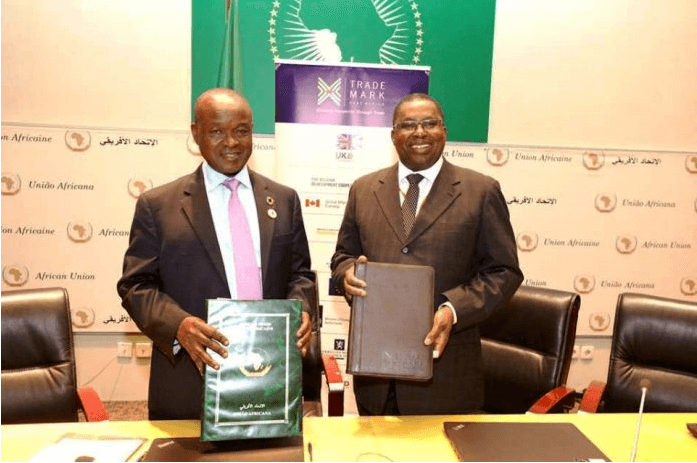Establish a participatory management system by integrating local populations into the economic development process. This is the Rwandan government’s strategy on the KPL: the logistics platform of Kigali, one of the largest dry ports in Africa with a total area of 30 hectares The first phase of the infrastructure, estimated at US$35 million, was entirely financed by the global logistics giant, Dubai Port world, for a 20-year concession. The facility is equipped with high-tech equipment and bases its strategy on innovation and transparency. “What we have is the different gateways and it allows the customers as to where the product is and how much time it will take to get here. It gives them a chance to prepare finances that are going to be needed for clearing and it also prepare them to go out to the market and say the products will be here shortly. If they have their samples they can start distributing the samples so that when the products comes you should have a sale base ready for the sales of that cargo that is incoming,” explained Dion Thompson, Chief Operating Officer at DP World. The terminal located in Masaka, 20 kilometres from Kigali, contributes to the economic development of the country, with nearly 700 direct and indirect jobs created within the structure, which also welcomes students from all over the country, as well as foreigners. DP World and the Rwandan government aim to further include local communities in this development, by financing development projects that will...
DP world – Rwanda: striving for development of local communities
Posted on: December 2, 2019
Posted on: December 2, 2019




















